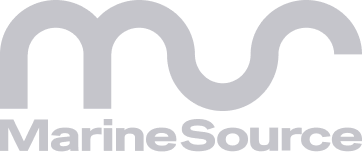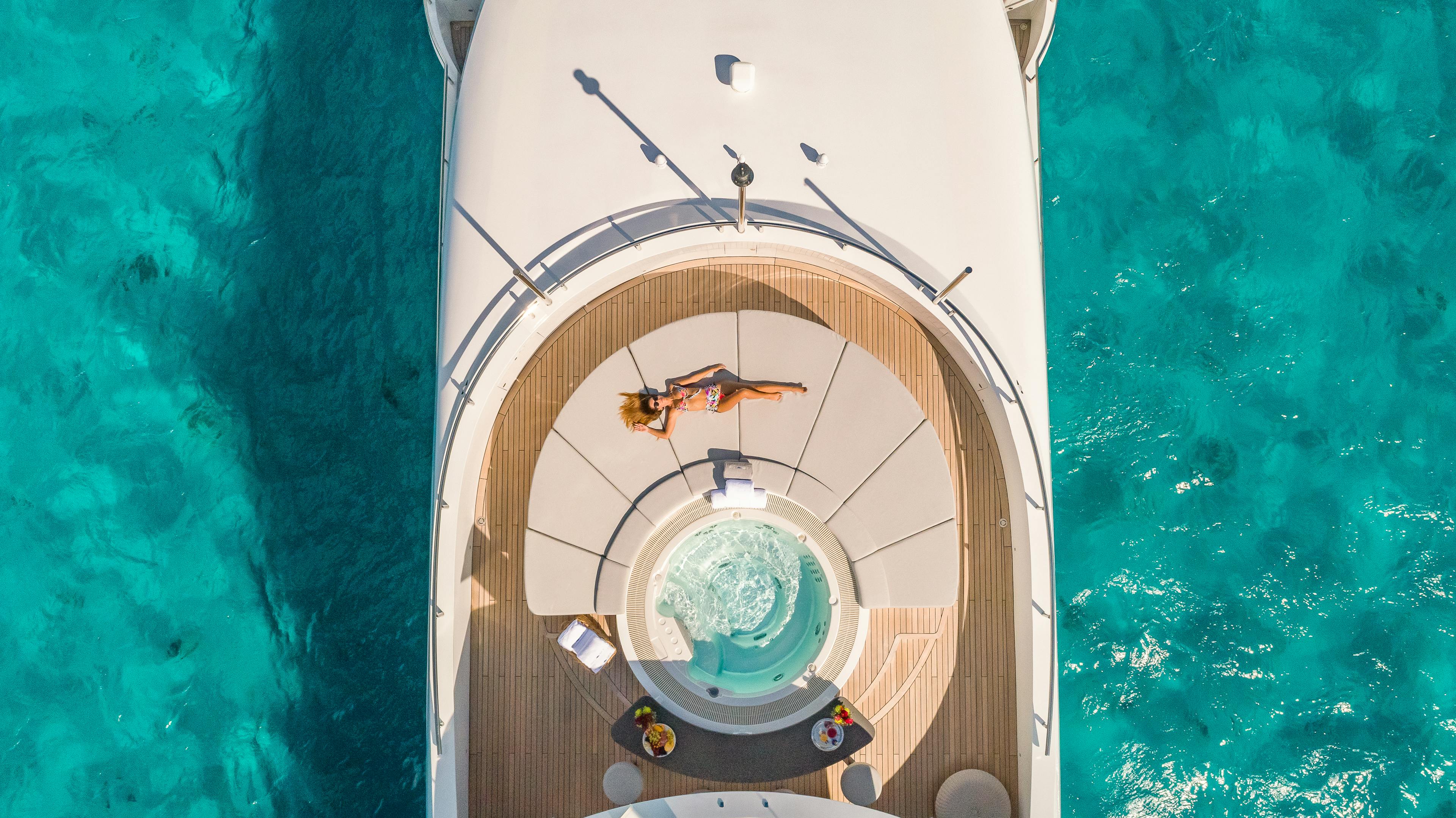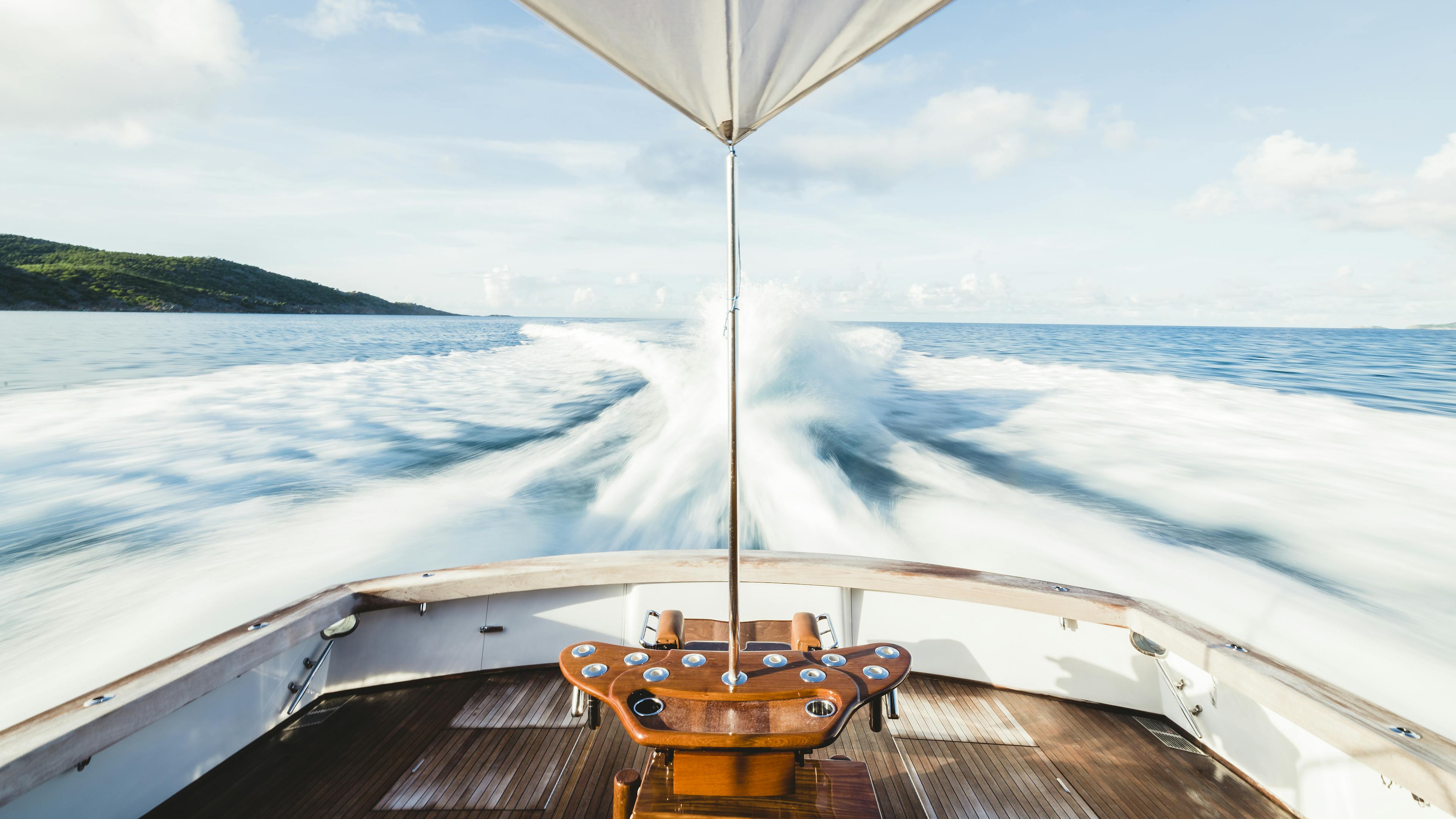
Introduction to RC Boats
RC boating is a popular and rewarding hobby that combines technology, creativity, and outdoor fun. Whether you're into engineering or water sports or simply looking for a new pastime, radio-controlled boats offer something for everyone. Beginners often discover that RC boating is not only entertaining but also educational: It teaches the basics of electronics, mechanics, and even fluid dynamics in an engaging, hands-on way. But getting started can feel like a lot to take in, especially with the wide variety of models, terminology, and options out there. However, once you understand how these boats work, the different types available, and what to look for in your first model, it becomes much easier to dive in.
How RC Boats Work
To control an RC boat, you use a handheld transmitter that sends radio signals to a receiver inside the boat. These signals tell the boat to move forward, reverse, or turn, depending on your input. The major components that make this possible include:
Hull
The hull is the outer shell and structure of the boat. Its shape and design affect how the boat moves through the water. There are three main hull types:
- Flat-Bottom Hulls: Stable and good for calm waters
- Deep-V Hulls: Good at cutting through choppy water and often used for high-speed or offshore boats
- Catamaran Hulls: Designed with two parallel pontoons that improve speed and stability
Motor
RC boats use either brushed or brushless electric motors. Brushed motors are less expensive and easier to maintain, making them good for beginners. Brushless motors are faster and more efficient but tend to cost more.
Propeller and Driveshaft
The propeller spins to move the boat forward or backward, powered by the motor. The driveshaft connects the motor to the propeller and needs to be aligned properly to avoid friction or vibration.
Rudder
The rudder, usually controlled by a servo, steers the boat left or right by redirecting the water flowing around the boat. Larger boats may have dual rudders for better maneuverability.
Electronic Speed Controller (ESC)
The ESC adjusts the power going to the motor. It also allows for variable speed control and often includes safety features like thermal protection or low-voltage cut-off.
Battery Pack
Most beginner-friendly RC boats are powered by rechargeable lithium polymer (LiPo) or nickel-metal hydride (NiMH) batteries. LiPo batteries offer longer run times and more power but require careful handling.
Receiver and Transmitter
The transmitter is what you hold to control the boat. The receiver, mounted inside the boat, picks up signals from the transmitter and routes them to the motor and steering systems.
Types of RC Boats
Not all RC boats are built the same. The boat you choose should reflect how you plan to use the boat and what you want to get out of the hobby.
Sport Boats
Sport boats are ideal for beginners and casual users. They typically reach speeds of 15 to 25 mph, which is fast enough to be exciting but still manageable. Sport boats work well in ponds, small lakes, and even large swimming pools.
Racing Boats
Built for speed, racing boats boats often use brushless motors and streamlined hulls. They can hit speeds of 40 to 60 mph or more. While thrilling, they demand more control and maintenance and are best suited for experienced users or those interested in joining competitions.
Scale Boats
Scale boats are highly detailed replicas of real ships, such as tugboats, military vessels, and luxury yachts. They prioritize realism over speed and are perfect for hobbyists who enjoy modeling and craftsmanship. Many come in kits that require assembly, which adds a creative challenge.
Sailboats
RC sailboats don't use motors to move through the water; instead, they rely on wind power and adjustable sails. They require patience and skill to master but provide a peaceful, quiet alternative to powered boats. They're great for those who enjoy a slower pace and natural movement.
Offshore/Deep-V Boats
Offshore boats are designed for choppy water and larger bodies of water. Their deep-V hulls offer stability and smooth handling at high speeds. They tend to be larger and more powerful, requiring more space and experience to use.
How to Decide on Your First Boat
When you're starting out, it's best to avoid the most expensive or complex models right away. Instead, focus on boats that are fun, reliable, and easy to use. Key factors to consider include:
- Ready-to-Run (RTR) vs. Kits: RTR models come pre-assembled and ready to use right out of the box. Kits, on the other hand, require assembly and are better suited for hobbyists who enjoy building.
- Speed and Handling: Beginners should start with boats that offer stable handling and moderate speeds. A boat that's too fast can be frustrating if you're not used to controlling it.
- Durability: Look for boats with sealed electronics, waterproof hulls, and shock-resistant materials. Accidents are part of the learning process, so durability is a must.
- Run Time and Battery: A good beginner boat should offer at least 10 to 20 minutes of run time per battery charge. Consider getting an extra battery pack to extend your sessions.
- Price Range: Expect to spend $70 to $150 for a solid beginner model. Going cheaper might mean sacrificing quality or performance, while more expensive models may include features you don't need yet.
Where Can You Take Your Boat?
Finding the right location to use your RC boat is key to getting the most out of the hobby. Your boat's size, speed, and hull design all play a role in choosing a safe and enjoyable environment. Good locations for beginners include:
- Backyard Pools: Best for small electric boats. This is a great place to learn basic controls in a safe environment.
- Ponds and Lakes: Offer calm, open water with enough room to maneuver sport, racing, or scale boats
- RC Boat Clubs: Many communities have RC boat clubs with designated meeting areas, their own boat docks, and support from experienced members.
- Marinas and Harbors: Only appropriate for larger boats and with permission. Watch out for tides, wind, and other boats.
- Rivers and Streams: Generally not recommended for beginners due to currents, debris, and unpredictable water levels
Before running your boat, always check local rules and regulations. Some parks or public waters restrict the use of motorized RC vehicles. And wherever you go, be courteous to others and respect wildlife habitats.
Whether you're chasing speed, modeling a realistic ship, or simply floating for relaxation, there's a place for you in the RC boating world. Start simple, explore different styles, and let your curiosity grow with each launch.
Additional Resources
- Introduction to RC Scale Model Boating
- North American Model Boat Association
- RC Model Boat Kits for Beginners
- A Radio-Control Primer
- RC Boat Terminology
- Introduction to RC Boats
- American Model Yachting Association
- Starting Out With Model Boats
- Should You Be Going Brushless?
- International Model Power Boat Association
- Behind the Boat: How a Vintage-Inspired Sailboat Was Made
- How to Choose Your First RC Boat
- Top RC Boats for Racing Around Lakes and Ripping Through Waves
- RC Boating Get-Started Guide
- Tips and FAQs for RC Boat Beginners


